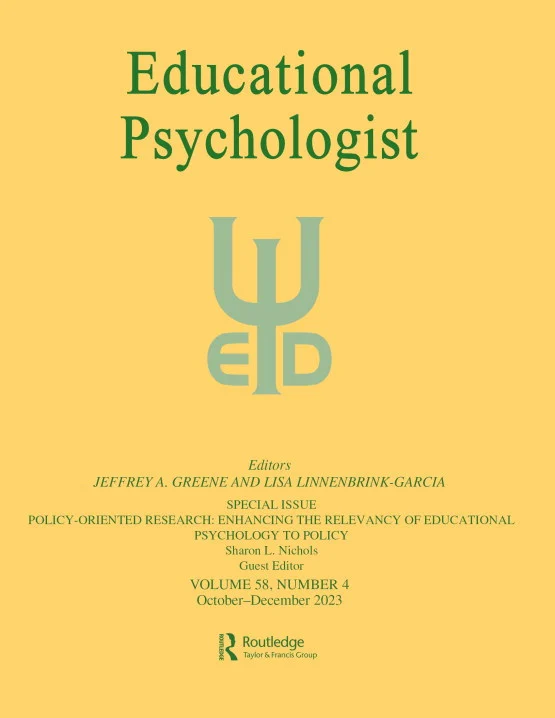A review of educational responses to the “post-truth” condition: Four lenses on “post-truth” problems
IF 11.4
1区 心理学
Q1 EDUCATION & EDUCATIONAL RESEARCH
引用次数: 76
Abstract
Abstract Educators have been increasingly concerned with what can be done about “post-truth” problems—that is, threats to people's abilities to know what is true—such as the spread of misinformation and denial of well-established scientific claims. The articles and commentaries in this special issue present diverse perspectives on how “post-truth” problems related to scientific and socio-scientific issues might be educationally addressed. The goal of this introductory article is to review and analyze the educational responses to the “post-truth” condition that are reflected in this special issue and in the literature at large. We argue that these responses have employed four lenses that focus on different underlying factors related to people's ways of knowing: not knowing how to know, fallible ways of knowing, not caring about truth (enough), and disagreeing about how to know. Each of these lenses offers different explanations of how education might aggravate or mitigate “post-truth” troubles.对“后真相”状况的教育反应回顾:“后真相”问题的四个镜头
教育工作者越来越关注如何应对“后真相”问题,即对人们了解真相能力的威胁,例如错误信息的传播和对既定科学主张的否认。本期特刊的文章和评论就如何在教育上解决与科学和社会科学问题有关的“后真相”问题提出了不同的观点。这篇介绍性文章的目的是回顾和分析教育对“后真相”状况的反应,这些反应反映在本期特刊和大部分文献中。我们认为,这些回应采用了四种不同的视角,聚焦于与人们的认知方式相关的不同潜在因素:不知道如何去知道、不可靠的认知方式、不关心真相(足够)以及不同意如何去知道。每种视角都对教育如何加剧或减轻“后真相”问题提供了不同的解释。
本文章由计算机程序翻译,如有差异,请以英文原文为准。
求助全文
约1分钟内获得全文
求助全文
来源期刊

Educational Psychologist
Multiple-
CiteScore
19.10
自引率
3.40%
发文量
16
期刊介绍:
The Educational Psychologist is a scholarly journal dedicated to exploring the psychology of learning and instruction. Articles in this journal encompass a diverse range of perspectives, from examining psychological mechanisms to exploring social and societal phenomena related to learning and instruction. The journal publishes theoretical and conceptual articles, as well as reviews and meta-analyses, that significantly contribute to theory or advance the methods used to explore educational psychology. Emphasizing innovation and advancing understanding, the journal does not publish articles solely reporting the methods and results of empirical studies; instead, all submissions, including reviews and meta-analyses, must offer clear implications for advancing theory. In addition to regular articles, the journal features special issues that delve into important themes in educational psychology, along with focal articles accompanied by peer commentary.
 求助内容:
求助内容: 应助结果提醒方式:
应助结果提醒方式:


